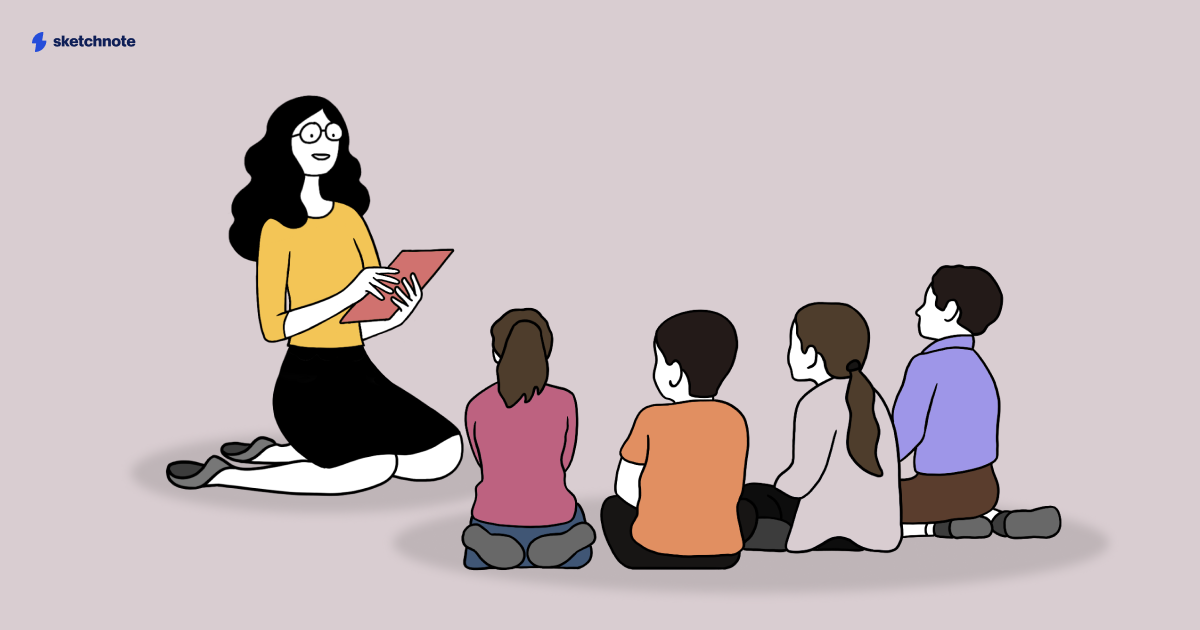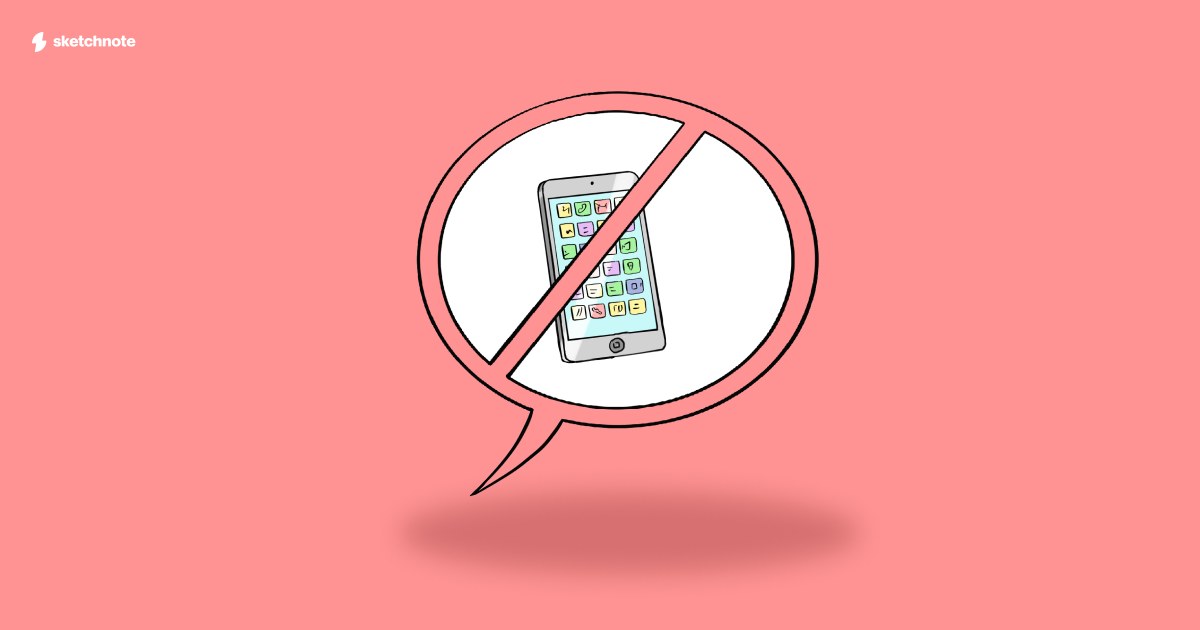Being an effective listener isn't as hard as it sounds. A simple few tweaks to how you approach conversations can make a world of a difference to your active listening skills.
Many years ago, I was at a huge party for my great aunt’s birthday. The room was pulsating with conversation, people, and so much life! I spent hours conversing with practically everyone around. However, I only remember one chat from that night because of how different and refreshing it was.
A distant uncle—a former diplomat no less—made his way through the colonial-era ballroom, spending a good 15 minutes talking to everyone he was introduced to. He’d look straight into the eyes of the person he was conversing with, leaned in just a bit, nodded, laughed when appropriate, and asked relevant questions once the speaker was through.
As a rookie journalist, I felt like a lot of people that night asked me about my career simply to tick a box in their heads. “Oh nice!” they’d say. And that was the end of the conversation. However, my uncle had follow-up questions, made appropriate exclamations, and left me feeling satisfied with the chat. And he did so with everyone that night—he had them all gushing! What did he do differently? He was an effective listener!
The reverence effective listeners invoke is because they don’t just listen to what you have to say, but genuinely understand and empathize with where you come from and the series of decisions that led you there. Effective listeners make what you're saying sound important—they make YOU sound important. They absorb every word, every point you make; ask relevant follow-up questions, and generally take the conversation to its logical conclusion.
Effective listening: A lost art

Our attention spans may be getting shorter, but the human need for validation and appreciation in a one-on-one conversation remains intact. And thus it’s important to not just be an active listener but an effective one too.
Are these different? Yep!
Active listening involves listening to what you're being told, clarifying doubts and asking relevant questions, following the chat. On the other hand, effective listening adds a tinge of empathy to your responses, and how you listen. The element of sincerity in the listener is unmistakable.
It's safe to say effective listening cannot exist without active listening, and the latter is incomplete without the addition of the former. It's this co-dependency that makes this art form an even more complex—yet important one—to master.
How to be an effective listener? Let’s talk about it!

It’s not like you can flip a switch to become more attentive. Like any art form, active listening takes practice. Stop your mind from wandering when you're being addressed directly. Not fidgeting with objects around me and trying to place myself in the shoes of the speaker oftentimes helps me. Find your own comfort zone, and stick with what you think works best; this isn't a one size fit all.
It's also necessary you put your electronics on silent out of respect for the speaker. You might think this is a rather formal protocol, mostly required in official settings, but try this while at the dinner table with your family and it'll make all the difference in your communication!
When you're speaking to your team members, avoid being THAT colleague who loves the sound of his own voice. Pause for a couple of seconds more to allow the person you're conversing with to think about any additions they'd like to make to their previous statements.
The secret sauce of effective listening

At the core of it, sincerity is what makes effective listening really tick. It's the one element that can't be faked or half-baked in a conversation. Making a speaker feel valued is the ethos of really listening. It grows trust and builds the foundation for future conversations, and therefore finding the best solutions too. Here are a few tips that can actually help:
- Give non-verbal cues to show interest: Nod appropriately, make sure you lean in just a smidge, maybe even utter a, "Hmm".
- Don't judge: It's human nature to listen to a story and immediately draw conclusions or try to fill in blanks to take sides. Avoid replying to sentences with agreement or disagreement; it's not really needed. This also means there's no need to play devil's advocate just to put the listener in a spot.
- Repeat, paraphrase: To ensure that a) You've got the story right, and b) The speaker knows it too, repeat and paraphrase the information you've just received. This essentially summarizes the topic at hand, and let's the speaker know they've been heard out without your personal biases affecting your understanding of the issue.
- Show empathy: Statements like, "I understand where you're coming from," or "I see why this could be troubling to you," is a great way of ensuring ease at the speaker and your end. This helps you take the current situation to a logical conclusion too. Use this empathy as a basis to find an end to the topic, by finding a middle ground. This could get harder to practice if it's actually you the grievance is about, but give it a shot.
Such is human nature that we're tempted to mirror behaviors. Effective listeners will often find people they speak with will want to reciprocate and do their best to be attentive too. And that's just one of the perks that come along with being a better listener. Others involve actually being able to glean more from any given situation, being able to read things between the lines that many others may miss, and being a better people's person. If that's not reason enough to get started, we don't know what is!
For more on the power of listening, check out our module on why you should talk less and listen more.
Header image via Unsplash



